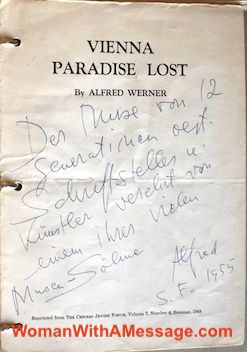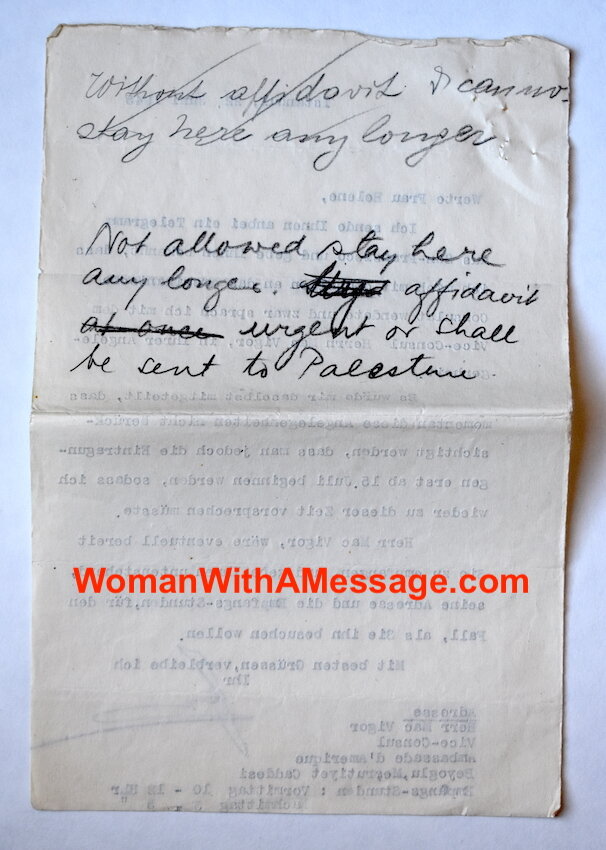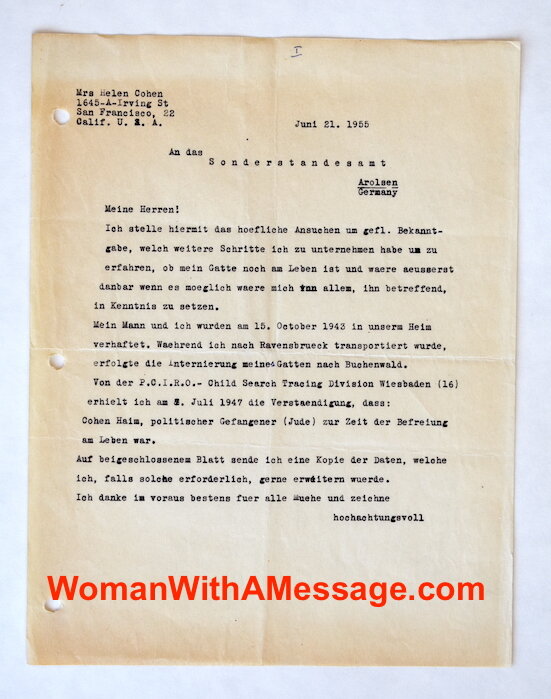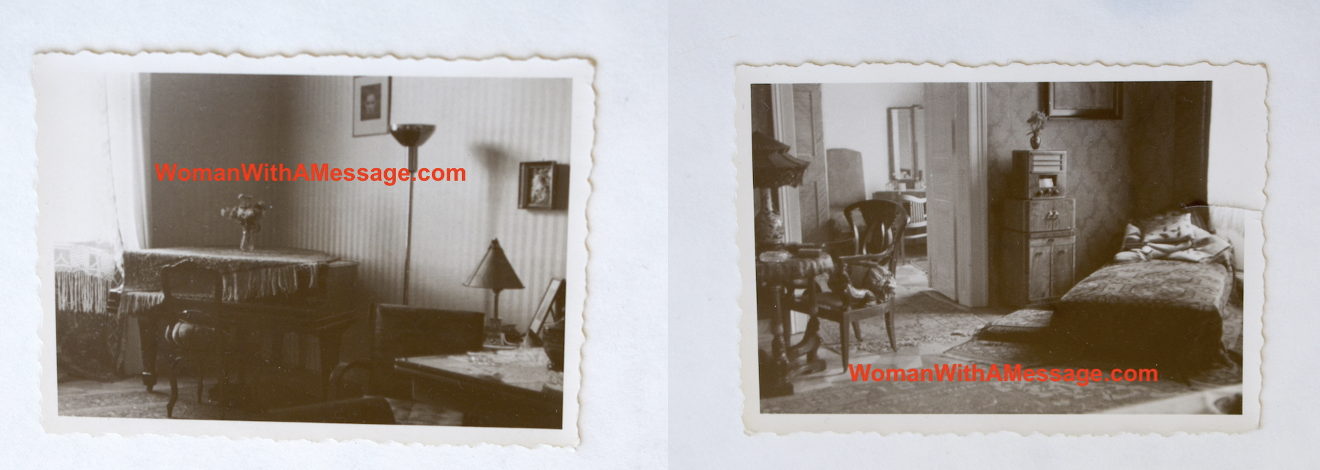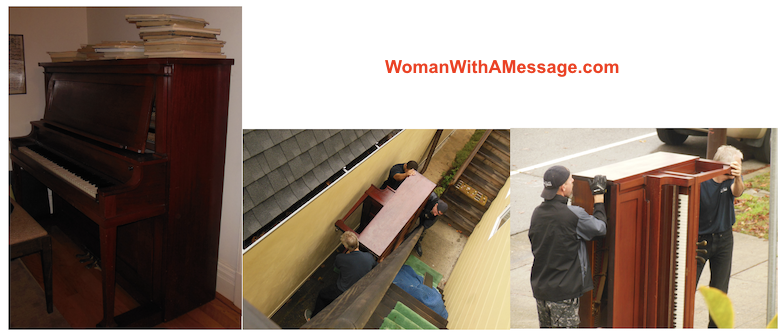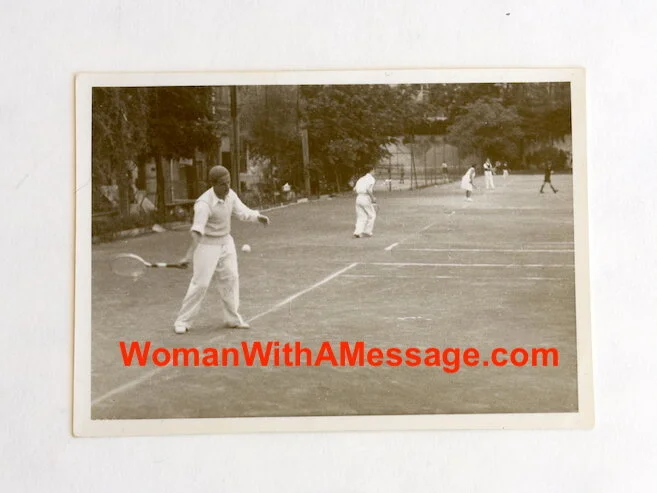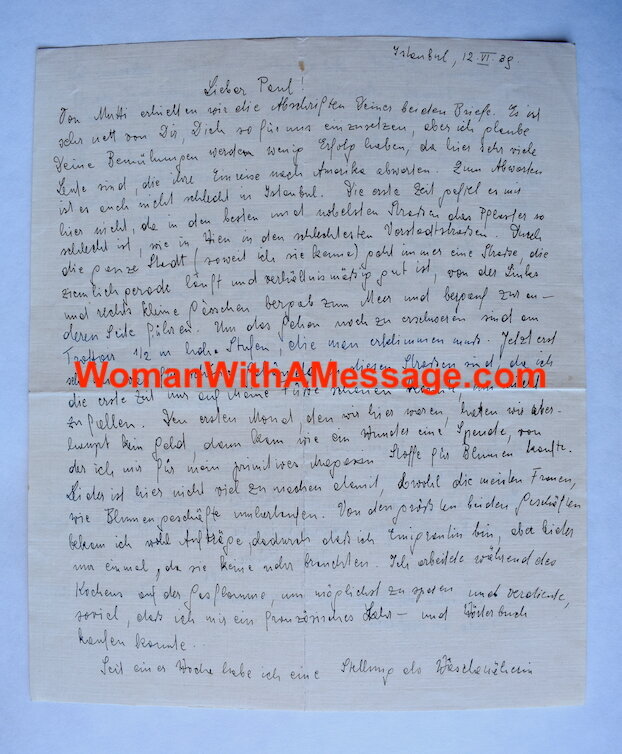Link to Family Tree to understand family relationships.
Today we have a letter and document each from July 1, 1939 concerning the Cohen family’s efforts to come to the United States.
American Consulate General Vienna, Germany
Mr. & Mrs. Haim Seneor Cohen and Helene Cohen
Under consideration of the questionnaire which you have filled out and submitted here containing your request for preregistration for the purpose of emigration into the United States of America, it is being communicated to you that you have been registered as of the date October 21, 1938 on the Turkish waiting list under the preregistration number Turk. 53 D, 53 E.
You will be notified in good time when your number on the waiting list has come up. This written document is to be carefully preserved. A copy cannot be issued. The preregistration number is not the same as the quota number.
Stamp: American Consulate General Vienna, Germany July 1, 1939
Vienna 1 July 1939
My dear Paul! On the 20th of July, the children have an appointment for a medical examination. Since we took all necessary steps to take care of this formality in Istanbul, it is not impossible that the emigration of the two children can happen at an even earlier time than we thought. All documents are ready. Vitali has really outdone himself this time. If I try to tell you about his work, there’s too much to delve into. As soon as we have the date set, we will let Arthur know and the Zentners so you will know about receiving the children. I am very happy that my patience of a lamb is not going to leave me in the lurch. It becomes clearer every day that doubt is a sacrilege. There are also things I could say about me, but I’m protected from head to toe from everything that does not have to do with the children’s departure. As soon as this question is clarified, you will hear about our plans. I think of you every day and I must ask you not to worry about the future. You have worked so hard in the last few years that the non-voluntary break from work is almost a blessing. We have no reason to tempt fate so don’t worry about us. If you are in good standing with the lord God like we are, there is nothing to fear. Do not make me wait so long for an answer. Both of you, you and Robert, have the talent to play the violin out of my nerves. I’m hoping you get better soon. How is your health? How do you stand the rather unpleasant New York summer climate? The children have become rather slender. Harry has lost 8kg but he is still healthy and he calls himself a “matjes herring”. Eva has, according to the passport picture, the kind of figure that she always wished she had in Vienna but which the cuisine in Seidlgasse made it impossible.
Paul, please write soon and please don’t be insulted that I am sending you postage. I automatically include it with all letters sent to other countries.
Kisses
Helen
Both of today’s documents remind us again of how difficult the process to leave Europe was — no one made it easy or straightforward. As in previous letters, Helene talks about the lengths Vitali went to get the proper paperwork and documentation. It sounds like he haunted the American and Turkish consulates daily.
At this point, Paul Zerzawy has been living in New York for a few months, staying with relative Arthur Schiller who was a law professor at Columbia, and unable to find work. Like Vitali, Paul has spent much of the previous few years trying to get himself and family members out of Europe. When Eva arrived in San Francisco, she stayed with Arthur’s parents. We saw Eva’s letter about the physical exam in the June 26 post.
We saw in the letters from April 13 and May 7, 1940, that almost a year after today’s letter, Helene addressed Harry as “matjes herring” – her pickled herring. It appears he dubbed himself that in a letter I do not have that he wrote to his parents from Istanbul. I thought Helene made up all her pet names for her children, but apparently sometimes she had help! A friend who read this post found the following definition of “pickled herring”: “[Dutch pekelharing, from German pickelhering, from Pickelhering, droll comic character of the 17th century German stage] : buffoon.”

















